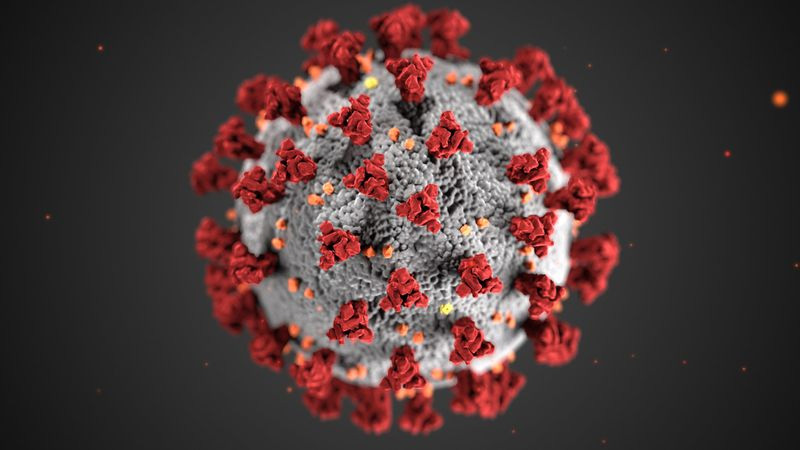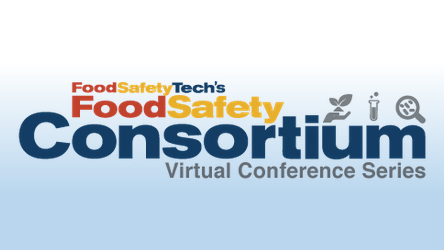

Technology is helping restaurants and grocery stores execute activities from contactless transactions to track, record, and promote their safety policies as never before.

Technology is helping restaurants and grocery stores execute activities from contactless transactions to track, record, and promote their safety policies as never before.

Operators are facing a number of challenges while trying to regain their footing as COVID-19 restrictions wind down. However, there are ways to invest in food safety technology, even while profits are recovering.

Europol’s OPSON IX Report 2021 has been published and offers some insight on the latest fraud.

The companies that survived and even thrived during the crisis were swift to adjust their business processes.

Highlights include dynamic panel discussions about supply chain quality management programs, what needs to change in food safety certification, and auditing in the age of COVID.

Food safety experts will tackle the pandemic’s impact from the perspectives of manufacturing, food safety and quality teams, consumers and the business, along with strategies for moving forward.

The pandemic’s long-term effect on food supply chains is expected to result in increased threats, including fraud, theft and safety issues.

The Spring program of the Food Safety Consortium Virtual Conference Series kicks off with a keynote address from FDA’s Deputy Commissioner for Food Policy and Response, Frank Yiannas, and stakeholder discussions about industry transformation.

The pandemic has forced restaurants to reimagine their business and ushered in a new frontier in intelligent kitchens.

While COVID-19 highlighted the growing importance of food safety automation to help food brands provide safe products amidst unprecedented challenges, many continue to rely on manual approaches. Interviews with and data collected from 34 food manufacturers and processors reveal that critical business benefits are being realized through improved organization, access and usability of EMP data, made possible through automated workflows and analytics. This approach can help brands quantify the ROI of EMP automation through production performance improvements and waste reductions.